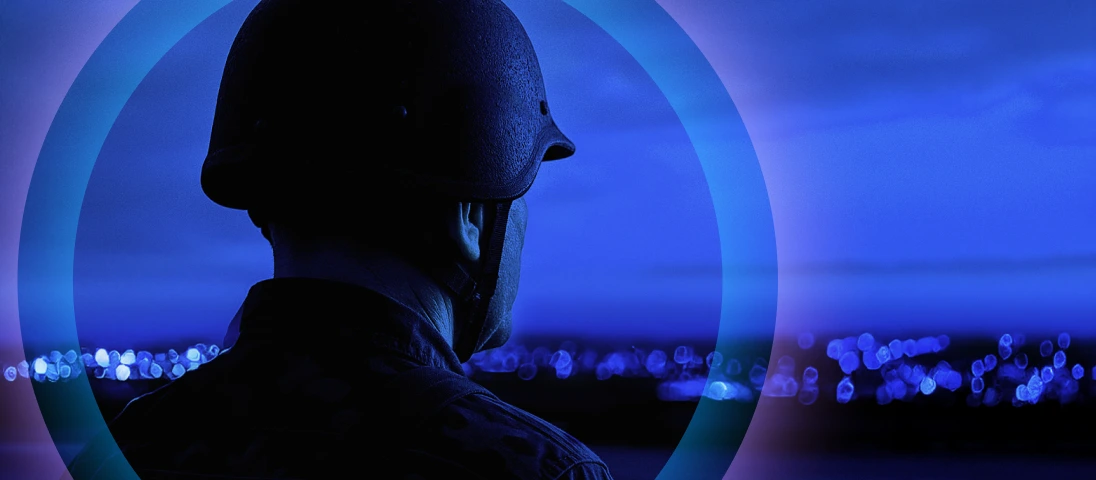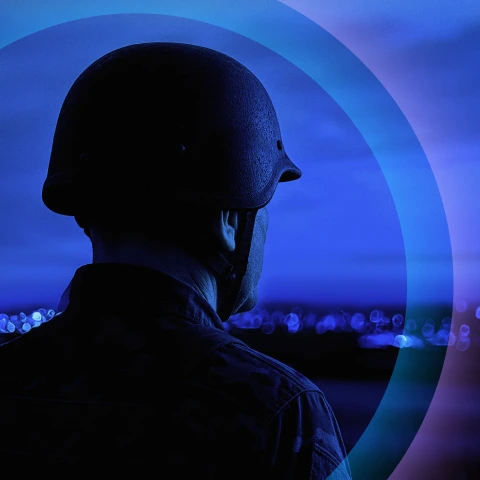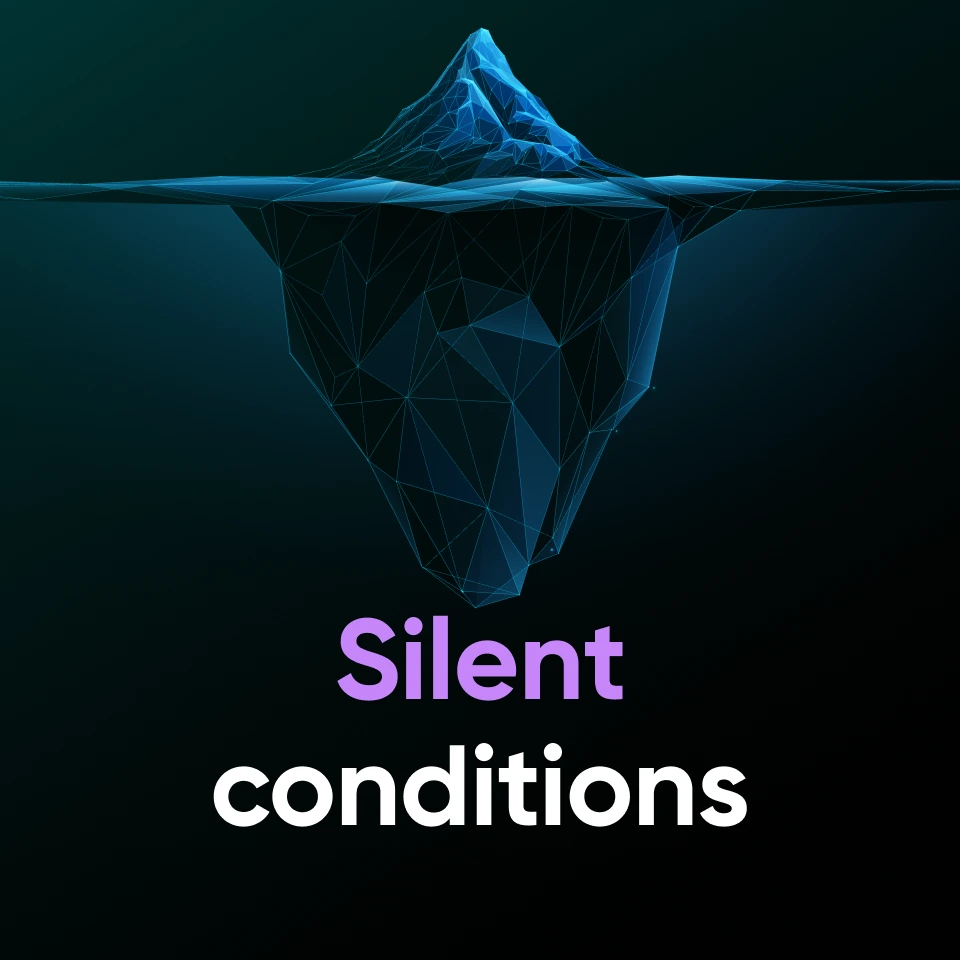Every day, countless active and veteran military personnel, firefighters, and police officers put themselves on the line in order to keep others safe. But for people in these professions, the risk doesn’t end when they clock out at the end of the day. Many sustain on-the-job exposures that place them at a higher risk of everything from injuries to heart disease and cancer, even decades into their retirement. Here’s a closer look at the risks they face and how Prenuvo is dedicated to helping them identify potential abnormalities before symptoms may appear.
Active military and veterans
Active military and veterans have often faced exposure to an array of toxic substances from open‑air burn pits and jet/plastic fumes to the herbicide Agent Orange. This places them at an elevated risk for cancers, respiratory and cardiovascular diseases, neurological conditions and more. And exposure to toxins, stress, and disrupted sleep cycles increases risk for hypertension, coronary artery disease, and ischemic stroke among veterans.
Mental health conditions run rampant in the military/veteran community, with 14% of men and 24% of women who have served finding themselves diagnosed with Post‐Traumatic Stress Disorder (PTSD) at some point in their lives. They also have a higher chance of developing anxiety, substance abuse, depression, insomnia, and suicide.
Heavy equipment, bulky uniforms, and operating machinery puts additional strain on servicemen and women’s bodies, putting them at an increased risk of musculoskeletal conditions. One study found that around 34.7% of male veterans and 31.9% of female veterans were diagnosed with arthritis between 2017 and 2021. For men aged 18–44, veterans’ arthritis prevalence was more than double that of non‑veterans.
Firefighters
Putting out fires exposes firefighters to toxic chemicals, including ash, smoke, and hazardous materials from burning buildings. This significantly increases a firefighter’s risk of many types of cancers such as the bladder, brain/central nervous system, colorectal cancer, non‑Hodgkin’s lymphoma, skin melanoma, prostate, and testicular cancer. In fact, cancer is the leading cause of line-of-duty deaths among career firefighters.
Fightfighters face a 9% higher chance of being diagnosed with cancer and a 14% higher risk of dying of it than the general U.S. public. Their on-the-job exposure and physically demanding work puts them at a greater risk of cardiovascular disease, respiratory issues, musculoskeletal disorders, hearing loss, and mental health conditions.
Police officers
Police officers face some of the poorest cardiovascular health of any occupation due to factors like stress, poor diet, irregular work hours, and intense on-the-job incidents. They face a greater risk of heart disease, hypertension, obesity, and metabolic syndrome. Some research suggests that sudden cardiac death accounts for up to 10% of all line-of-duty deaths in police officers.
Police officers also face a significantly heightened risk of developing musculoskeletal injuries due to wearing heavy equipment and sitting for long periods in patrol vehicles or on motorcycles. They are more likely to struggle with mental health conditions, like depression, anxiety or PTSD than the general public and are 54% more likely to die by suicide than those in other professions. Studies have also found that policemen and women are also at an elevated risk of certain types of cancers than those in other professions.
Helping those who serve others stay on top of their own health
Prenuvo scans for hundreds of conditions, with the potential to help detect conditions like:
- early signs of neurodegeneration
- cancers as early as stage 1
- signs of metabolic conditions
- and more
Our whole body MRI scans are radiation-free, non-invasive, and completed in under an hour. They could help get to the bottom of unexplained pain, provide peace of mind to all the “what ifs,” and help detect some conditions long before symptoms may appear.
The Prenuvo Warriors Program
At Prenuvo, we believe that those who live to protect and serve others deserve the same vigilance when it comes to their own health. We’re proud to offer 20% off Prenuvo scans to these heroes as part of our Prenuvo Warriors Program.
Pricing for eligible participants which includes all active duty, reserve, veteran, and retired members of any branch of the U.S. military, as well as military spouses, first responders, and emergency personnel is as follows:
- Torso Scan (screening for most solid organ cancers): $799 ($999 value)
- Head + Torso Scan: $1,439 ($1799 value)
- Whole Body Scan: $1,999 (2499 value)
*Pricing applies exclusively to those who qualify for the Warriors Program.
This initiative gives firefighters, police officers, active military, and veterans access to proactive health screening, empowering them to gain a more comprehensive understanding of their health and prioritize their long-term wellbeing.
The program also contributes to the growing body of research on occupational health risks, helping advocate for better resources, funding, and medical guidance for first responders and military personnel.
By providing access to actionable health insights, we hope to help these heroes identify issues before symptoms appear and give them the power to take control of their health.
You can learn more about our Warriors Program here. And to learn more about the benefits of a whole body scan, book a call with a member of the care team.








